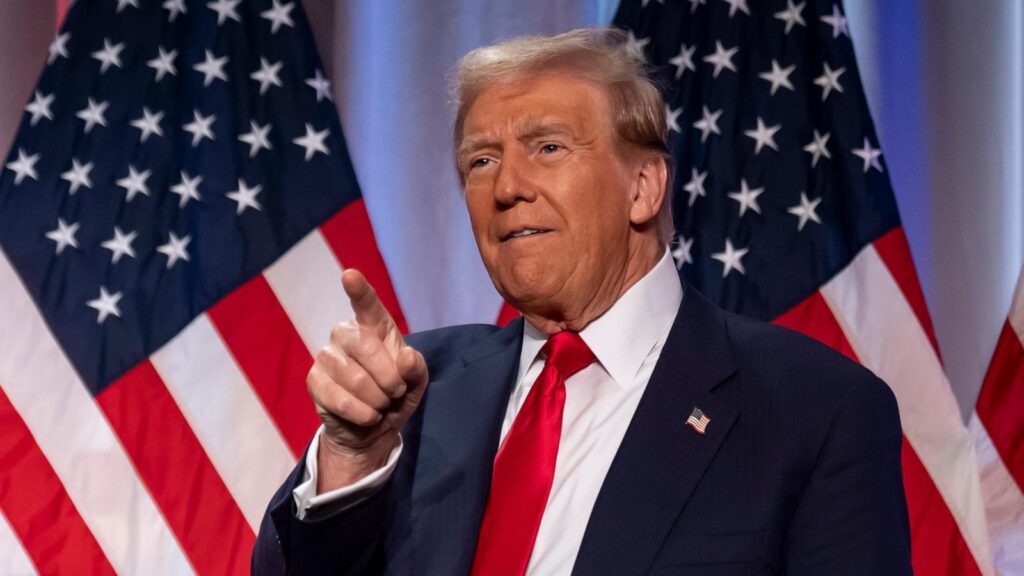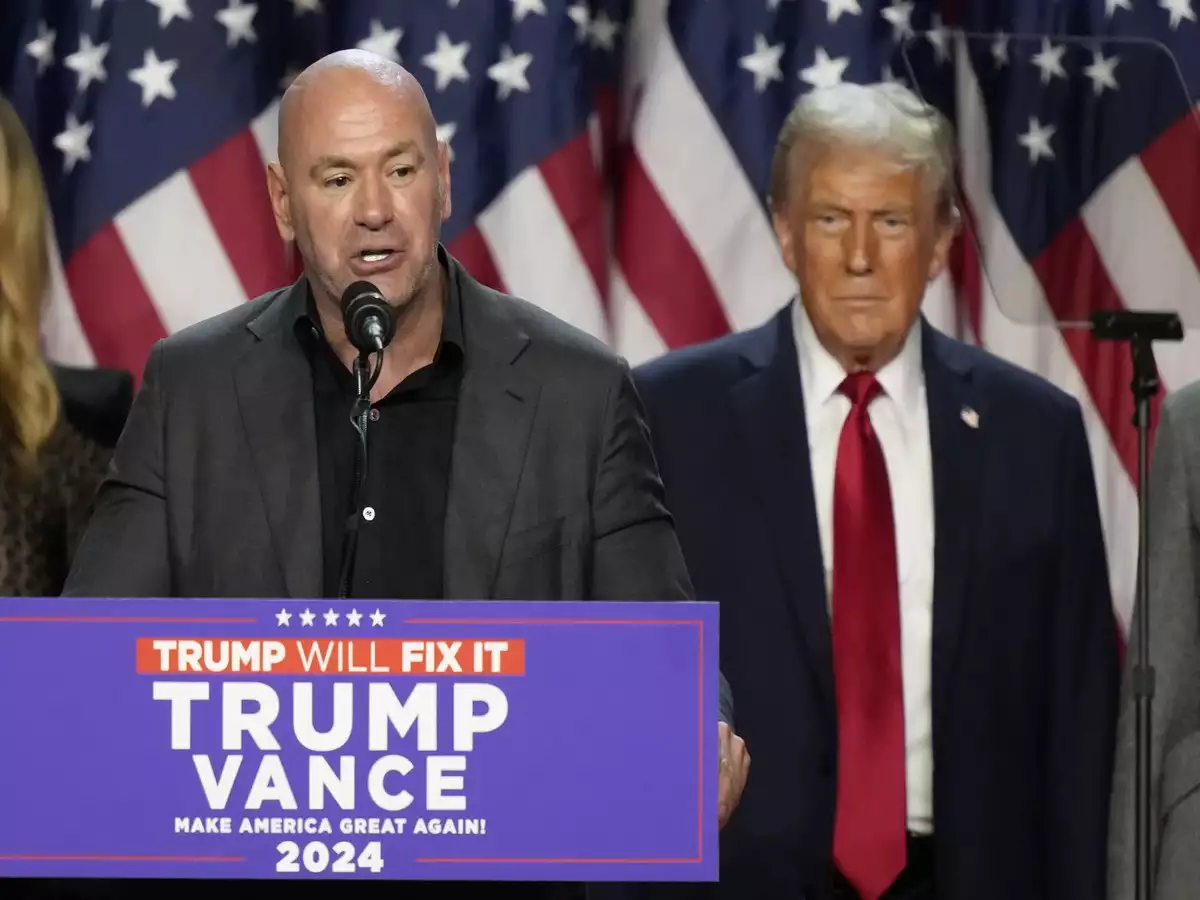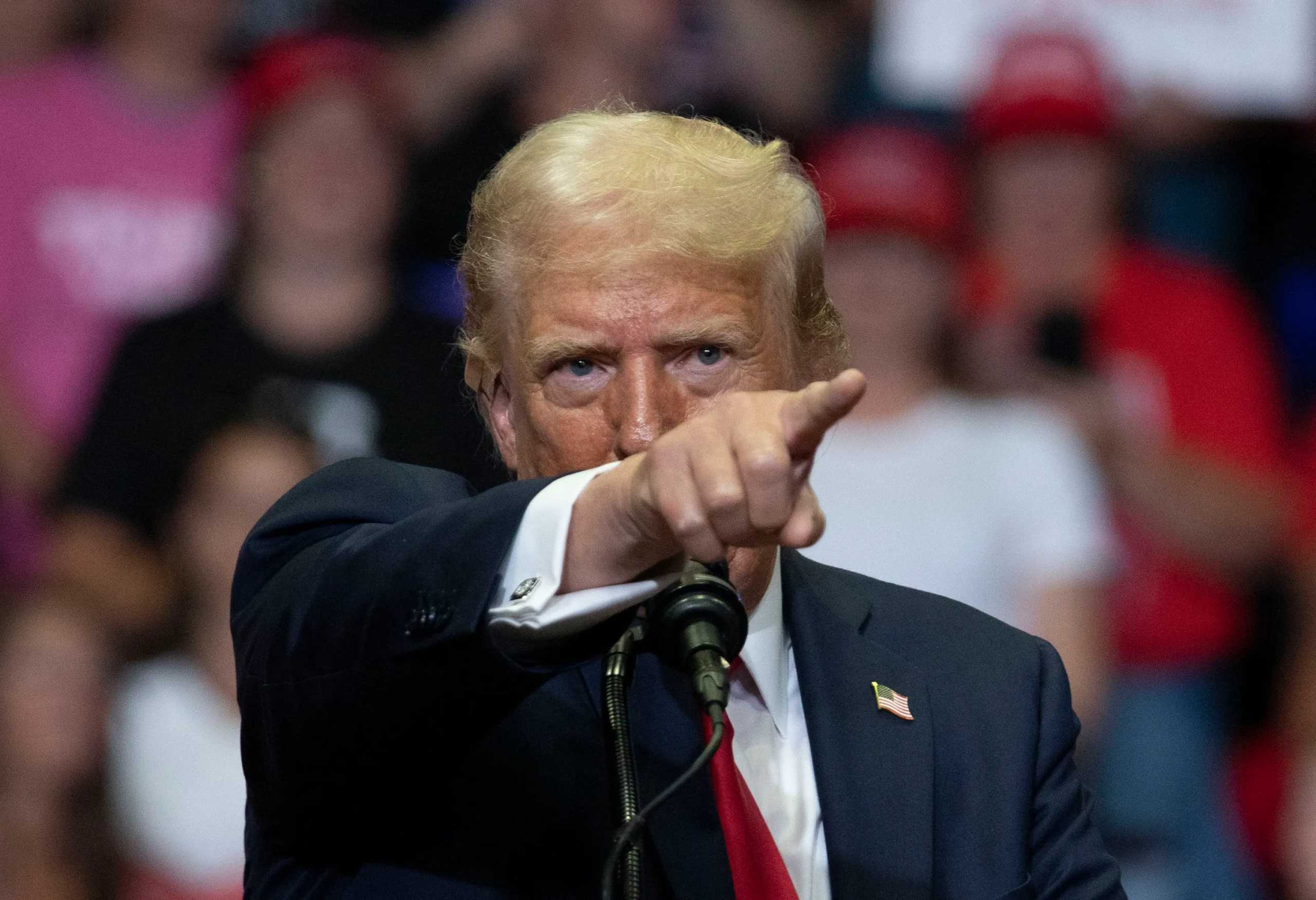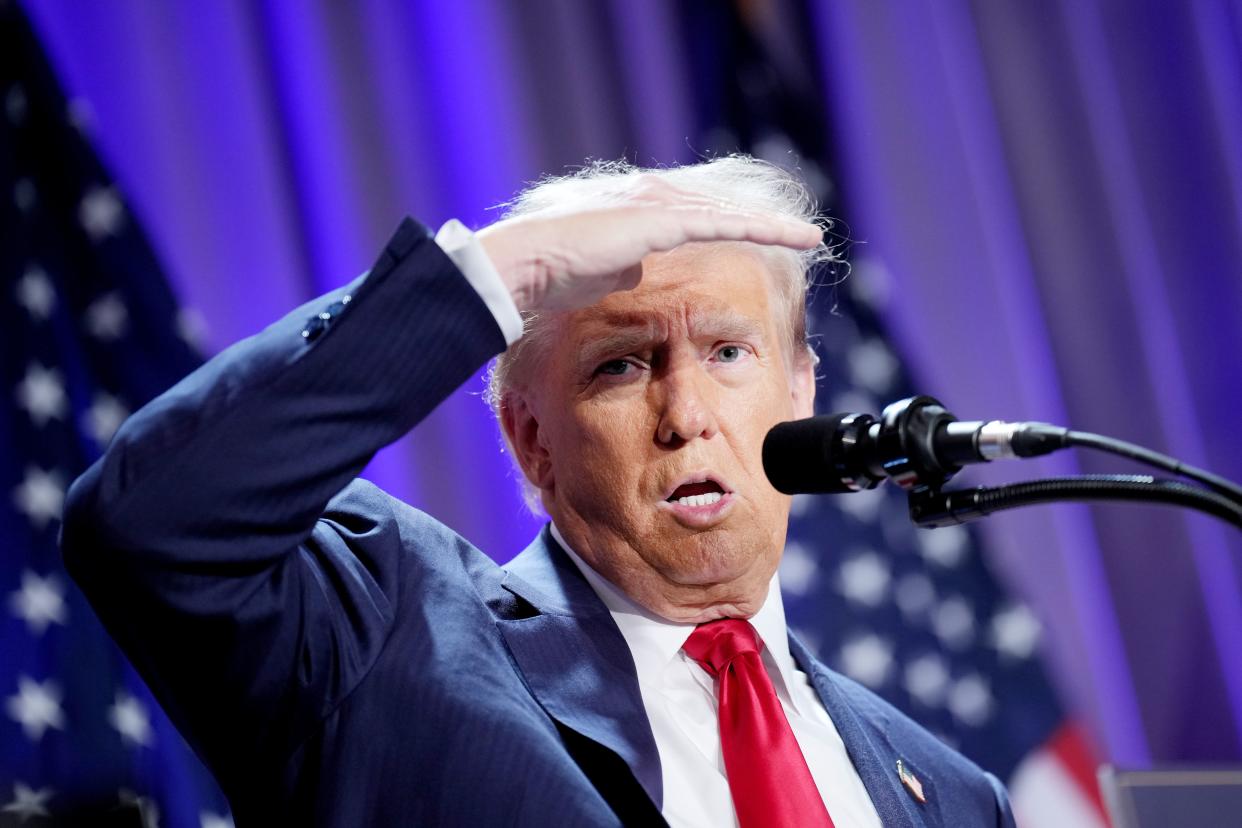
As President-elect Donald Trump finalizes his Cabinet selections, the role of Treasury Secretary remains conspicuously vacant, setting the stage for intense speculation and discussion. With Trump’s economic agenda promising significant changes, including the imposition of hefty tariffs and a focus on boosting domestic production, the choice of Treasury Secretary is more crucial than ever.

The Tariff Strategy and Its Economic Implications
Trump’s self-proclaimed “Tariff Man” strategy aims to place up to 20% tariffs on all imported goods, with even steeper tariffs targeting Chinese imports. This bold move is intended to revive American manufacturing by making imported goods less competitive. However, economists are wary, pointing out the potential for increased inflation and retaliatory tariffs from global trade partners.
Top Candidates for Trump’s Treasury Secretary
The frontrunners for the Treasury position are a blend of seasoned financiers and Trump loyalists, each bringing their unique perspectives to the table. Here’s a closer look at some of the most talked-about candidates:
Scott Bessent
At 62, Scott Bessent is not only the CEO of Key Square Capital Management but also a seasoned investment officer with a history at Soros Fund Management. Bessent’s support for Trump’s economic policies, especially around deregulation and tax cuts, is well-documented. He advocates for tariffs as a tool to boost domestic production and reduce reliance on foreign industrial output. His dual approach to economic strategies and his bipartisan engagement, as seen in his support for various political causes, make him a strong candidate.
Howard Lutnick
Howard Lutnick, the 63-year-old CEO of Cantor Fitzgerald, is another major contender. His firm’s tragic loss during the 9/11 attacks and his subsequent leadership role highlights his resilience and capability to navigate through crises. Lutnick aligns closely with Trump on several policies, including immigration and the expansion of cryptocurrency, showcasing his adaptability to both traditional financial sectors and emerging markets.

John Paulson
John Paulson, a billionaire who famously profited from the housing market crash in 2007, is a vocal supporter of Trump’s tariff-driven economic agenda. His advocacy for privatizing Fannie Mae and Freddie Mac indicates his preference for less government intervention in the economy—a stance that resonates with many of Trump’s policies.
Robert Lighthizer
Robert Lighthizer, who served as U.S. Trade Representative in Trump’s first administration, is known for his protectionist views on trade. His expertise and prior experience in negotiating trade agreements and his critical stance on past U.S. trade policies position him as a candidate who deeply understands the complexities of international trade.
Kevin Warsh
Kevin Warsh, a former Federal Reserve governor, offers a slightly different perspective. Known for his critical view of economic protectionism, Warsh’s expertise in financial markets and his tenure at the Federal Reserve provide him with a formidable understanding of monetary policy and economic strategy.
Marc Rowan
Lastly, Marc Rowan, CEO of Apollo Global Management, brings a wealth of experience in investment banking and asset management. His recent remarks at the Yahoo Finance’s Invest conference, praising the need for “wholesale change” in government, align with Trump’s call for substantial economic reform.

The appointment of the next Treasury Secretary will be a definitive moment for the Trump administration, shaping the U.S. economic landscape for years to come. As the administration seeks to implement its ambitious economic agenda, the chosen candidate will need to navigate the challenges of stimulating domestic growth while managing the risks associated with global trade tensions. Each candidate offers a unique blend of expertise and ideology, promising a dynamic future for American economic policy.
